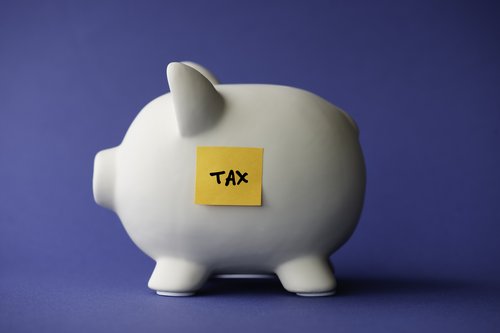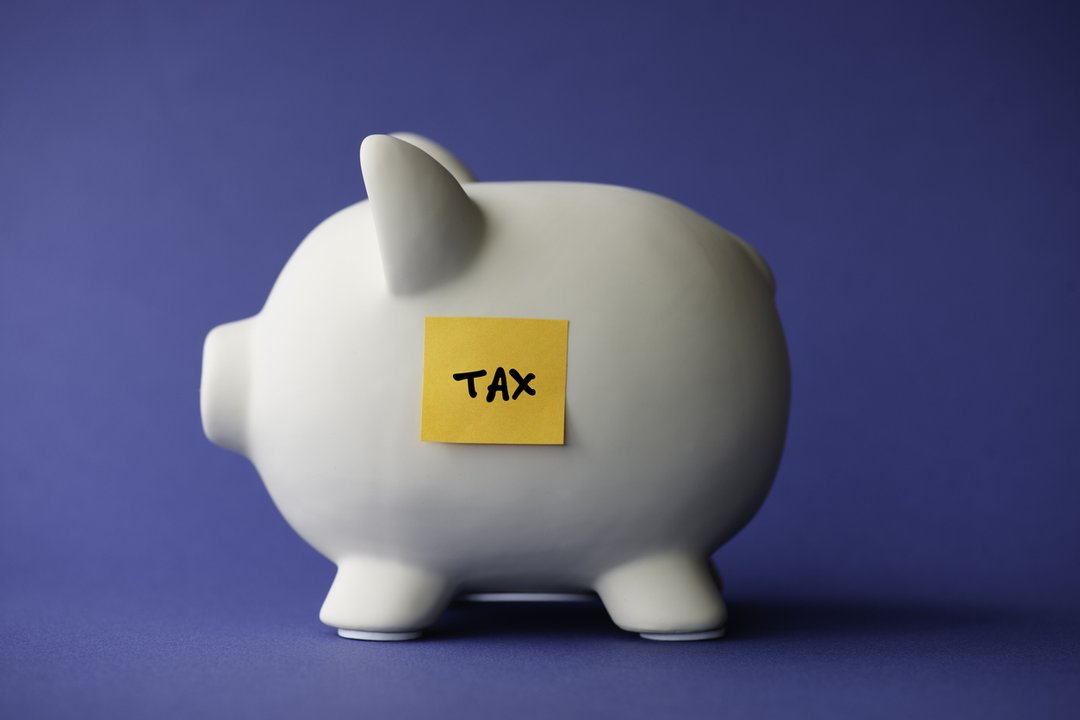
My good friend Paul took over the management of his own investment portfolio a couple of years ago. Today, he tells me he sleeps like a baby. That’s right, he now wakes up every hour in the middle of the night and cries. Okay, I’m exaggerating a little. But Paul is definitely concerned about taking advantage of ideas to reduce the impact of taxes on his portfolio. After all, after-tax returns are the only kind that can be spent or reinvested. There’s still time before year-end to keep the tax man at bay for 2023. Consider these ideas.

iStock-1471386843
Review your asset allocation and location. Consider the type of income you’ve earned on your portfolio outside of your TFSA, RRSP or RRIF this year. If you earned interest income, which is highly taxed, consider restructuring things so that interest is earned, to the extent possible, inside those registered plans where it’s sheltered from tax. Also, depending on your province of residence, you could save or defer tax by investing inside a holding company rather than personally. Speak to a tax pro about it.
Defer tax on capital gains. If you want to sell an investment with an accrued capital gain, consider delaying that sale until early in 2024. This way, any tax owing on that disposition won’t have to be paid until April 30, 2025 – the deadline for taxes owing for 2024.
Sell your losers before year-end. If you have investments with accrued losses, consider selling them before year-end to make those losses available this year or after. You can also carry those losses back up to three years, to 2020, 2021 or 2022 to offset capital gains and potentially recover taxes paid. Beware of the superficial-loss rules that will deny your capital loss if you sell an investment and purchase the same security in the period that is 30 days prior to, or after, your sale. Also, consider closing out option contracts with inherent losses in 2023, rather than 2024, to make those losses available this year.
Make a TFSA contribution. If you haven’t contributed to a tax-free savings account (TFSA) this year, contribute up to $6,500 for the year, plus additional amounts if you have unused TFSA room from prior years. Also, consider lending or gifting funds to adult family members to help them contribute if you can. If you need to make a withdrawal from your TFSA, consider doing this before year-end because withdrawn amounts are not added to your TFSA contribution room until the beginning of the year following the withdrawal.
Make your interest deductible. Given current interest rates, making your interest deductible is more valuable than it has been in recent years, when interest rates were much lower. Review your outstanding debt and follow these rules: pay down non-deductible debt using cash or investments if you can. Then borrow to replace any investments, or to invest in a business. This will make your interest deductible. Use cash for personal expenditures if you can. Finally, you can continue to deduct interest on an investment even if you’ve sold it (even at a loss) provided you reinvest the proceeds. For folks in Quebec, remember the rules that limit your investment expenses (like interest) to the amount of investment income earned in the year.
Donate securities with new rules in mind. Investors who own publicly traded securities with accrued capital gains should consider donating these to a registered charity or foundation. Any taxes on capital gains will be eliminated, plus you’ll receive a donation tax credit for the gift. Also be aware that the new alternative minimum tax (AMT) rules come into effect on Jan. 1, 2024, which can reduce the tax savings when you donate securities to charity if you’re a high-income earner. So, donating securities in 2023 before the new rules apply could result in much greater tax savings. Finally, if you have a corporation that earns income, consider transferring to your corporation (on a tax-deferred basis) the securities that you want to donate, then have the corporation make the donation. This will create a deduction for your corporation, and a capital dividend account which can be used to withdraw funds from your corporation tax-free and could result in greater tax savings overall. Speak to a tax pro about doing this.
Time the purchase of certain investments. If you’re planning to invest in an interest-bearing security – such as a guaranteed investment certificate (GIC) – that has a maturity of one year or longer, consider waiting until the new year before making the investment. By waiting, you won’t have to pay tax on any accrued interest until 2025 – the year of the first anniversary of the investment. Also, consider waiting until early in the new year to purchase any mutual funds that are expected to make taxable distributions before the end of 2023. You’d hate to pay tax sooner than necessary.
Comments are closed.
